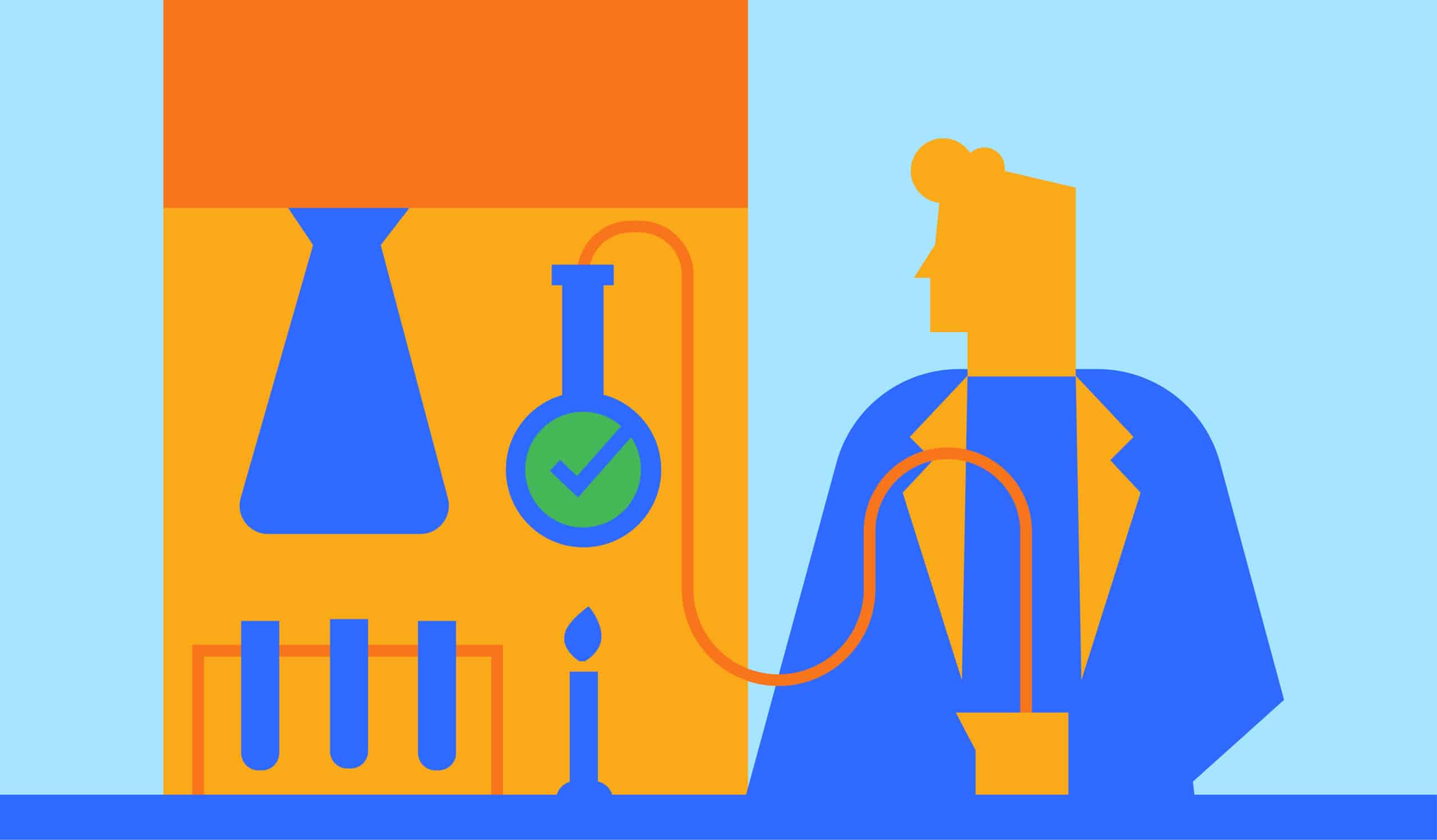Summary of How to Fact-Check Science News:
The internet has caused an explosion in the number of health claims, making it difficult to discern fact from fiction. To increase scientific literacy and evaluate the legitimacy of health claims, it is important to identify credible sources, check the author’s credentials, and look for scientific studies to back up the claim. When evaluating a scientific study, it is important to consider the sample size, duration of the study, whether it was peer-reviewed, and whether the headline matches the study’s conclusion. It is also important to remember that correlation does not equal causation, and to be wary of overgeneralizing findings from animal studies to humans.
*****
How to Increase Your Scientific Literacy When it Comes to Health News
In today’s internet age, everyone is a health expert. A quick Google search will yield dizzying amounts of health claims, some backed by science, others not so much. With contradictory information, dissecting what is true from what is not can be challenging. This is where increasing your scientific literacy comes in. Scientific literacy refers to your ability to read and evaluate the legitimacy of a health claim, and it is a valuable skill to have in today’s information-rich world.
Identifying Credible Sources
The first step to evaluating a health claim is to determine if the source is credible. Look for the original scientific study upon which the claim is based. However, in most cases, what you encounter are interpretations of the study by publications or individuals. In this case, take a closer look at the author’s credentials. Check their educational background, practical experience, and writing history. Degrees and certifications in a related health field could indicate that the author has the training to assess the advice given in the interpretation.
Additionally, examine the link used to back up the health claim. A reliable source will link to a scientific study that doesn’t make exaggerated or non-supported statements. Look for studies that were published within the last five years and, if possible, have a considerable sample size.
Evaluating a Published Study
Reading a published study can be intimidating, but it is a necessary step to increase scientific literacy. By answering the following questions, you can evaluate a study’s legitimacy.
1. Does the Headline Match the Study’s Conclusion? – The study conclusion should match its main takeaway or headline. If it does not, the interpretation of the study may be misleading.
2. Is It a Human Study? – Human studies are the best research subjects for learning about humans. However, logistical, ethical, and financial reasons limit this. Therefore, scientists use animal models in research. Be wary of overgeneralizing when studying animal models to humans.
3. How Big is the Sample Size? – Consider the sample size of the study. A larger sample size usually indicates more reliable results.
4. What was the Study Duration? – Changes in health behaviors such as nutrition, exercise, and sleep may require weeks or months to manifest. Therefore, study duration is crucial in interpreting the results.
5. Was the Study Peer-Reviewed? -Peer-reviewed journals rigorously assess the accuracy and merit of an article before publication. Checking whether the study has undergone peer-review can help determine its validity.
Final Thoughts
In evaluating health claims, correlation does not equal causation. Therefore, it is essential to keep this in mind when interpreting scientific findings. Increasing your scientific literacy is an essential step in determining whether health claims are reliable or not. By following these guidelines, you will be equipped to assess the legitimacy of health claims and make informed decisions.


Comments are closed